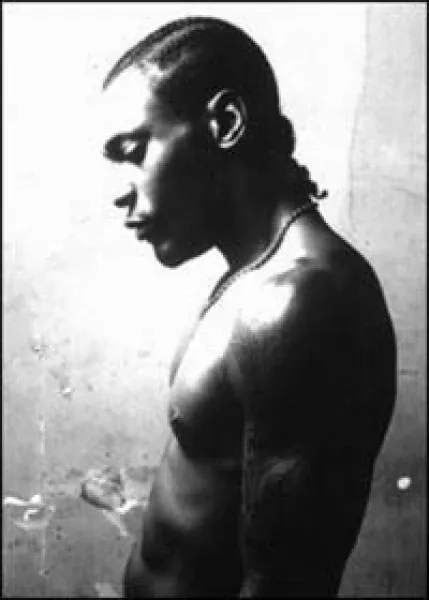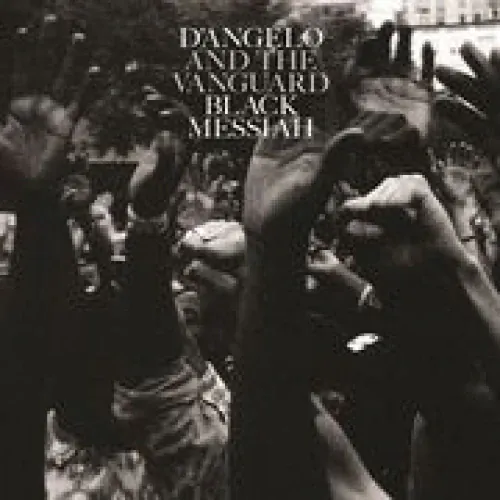
D'angelo
Top D'angelo albums
Top D'angelo lyrics
D'angelo biography
D'Angelo was one of the founding fathers and leading lights of the neo-soul movement of the mid- to late '90s, which aimed to bring the organic flavor of cla**ic R&B back to the hip-hop age. Modeling himself on the likes of Marvin Gaye, Stevie Wonder, Prince, Curtis Mayfield, and Al Green, D'Angelo's influences didn't just come across in his vocal style -- like most of those artists, he wrote his own material (and frequently produced it as well), helping to revive the concept of the R&B auteur. His debut album, Brown Sugar, gradually earned him an audience so devoted that the follow-up, Voodoo, debuted at number one despite a five-year wait in between.br /br /Michael D'Angelo Archer was born February 11, 1974, in Richmond, VA, the son of a Pentecostal minister. He began teaching himself piano as a very young child, and at age 18, he won the amateur talent competition at Harlem's Apollo Theater three weeks in a row. He was briefly a member of a hip-hop group called I.D.U. and signed a publishing deal with EMI in 1991. His first major success came in 1994 as a writer/producer, helming the single "U Will Know" on the Jason's Lyric soundtrack; it featured a one-time, all-star R&B aggregate dubbed Black Men United. That helped lead to his debut solo album, 1995's Brown Sugar. Helped by the title track and "Lady," Brown Sugar slowly caught on with R&B fans looking for an alternative to the hip-hop soul dominating the urban contemporary landscape; along with artists like Erykah Badu, Lauryn Hill, and Maxwell, D'Angelo became part of a retro-leaning, neo-soul revivalist movement. Brown Sugar received enormously complimentary reviews and sold over two million copies, and D'Angelo supported it with extensive touring over the next two years.br /br /And then -- not much of anything happened. D'Angelo took some time off to rest and split acrimoniously with his management; meanwhile, EMI went under, leaving his 1998 stopgap release Live at the Jazz Cafe out of print. On occasion, D'Angelo contributed a cover tune to a movie soundtrack, including Eddie Kendricks' "Girl You Need a Change of Mind" (Get on the Bus), the Ohio Players' "Heaven Must Be Like This" (Down in the Delta), and Prince's "She's Always in My Hair" (Scream 2). He also duetted with Lauryn Hill on "Nothing Really Matters," a cut from her Grammy-winning blockbuster The Miseducation of Lauryn Hill. Still, fans awaiting a proper follow-up to Brown Sugar remained frustrated -- at first by no news at all, and then by frequent delays in the recording process and the scheduled release date. Finally, the special-guest-laden Voodoo was released in early 2000 and debuted at number one, an indication of just how large -- and devoted -- D'Angelo's fan base was. The extremely Prince-like lead single, "Untitled (How Does It Feel)," was a smash on the R&B charts and won a Grammy for Best Male R&B Vocal; likewise, Voodoo won for Best R&B Album. Reviews of Voodoo were once again highly positive, although a few critics objected to the looser, more atmospheric, more jam-oriented feel of the record, preferring the tighter songcraft of Brown Sugar. ~ Steve Huey, All Music Guide

